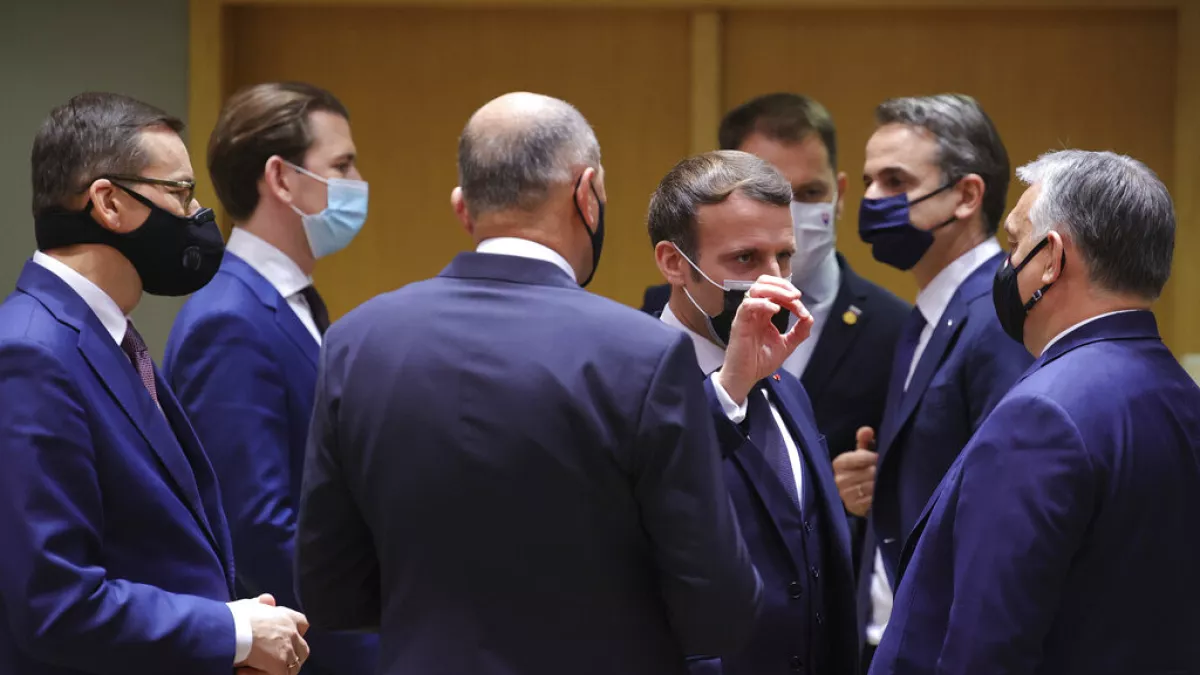Once again, France steps forward to muster international support for Lebanon, but hopes remain dim as the country faces a devastating political and economic crisis. Lebanon’s deep-seated corruption and political dysfunction have left many sceptical of how effective outside intervention will be even as France makes renewed efforts at mediation and driving reforms there.
France’s Efforts in Lebanon
France shares some historical interest in Lebanon since it was a mandate territory of France and has made a huge difference in Lebanon’s healing process from crises. French President Emmanuel Macron, it seems, has taken much interest in Lebanon since this is his third visit since the 2020 Beirut port explosion that further heightened Lebanon’s crisis. Macron’s diplomatic push would call for global powers to help Lebanon, and he seems to be asking the Lebanese political class to implement necessary reforms.
Despite Macron’s best efforts, French efforts at stabilising Lebanon seem unable to move forward. Political infighting, sectarian divisions, and entrenched interests hostile to change continue to paralyse the Lebanese government.’ France has been arguing for a new approach, including the pressure of humanitarian aid and political reform.
The Crisis in Lebanon Continues
Lebanon is currently experiencing some of the worst economic crises the country has seen. The currency’s value has plummeted by over 90%, and basic goods, medicine, and fuel are unavailable in the country’s stores.’ Savings are highly locked in as the banks have imposed severe withdrawal restrictions. Millions of Lebanese citizens are still reeling from power cuts, unemployment, and inflation.
The political situation is not any better. Lebanon has been in an undetermined situation of no fully functioning government since former Prime Minister Hassan Diab resigned in 2020. The factions were still unable to come to an agreement over a replacement, and corruption seeped deep into Lebanon’s political setup, making it arduous to produce any kind of reform in earnest.
International Response: Limited Impact So Far
France has held summits and conferences in a bid to try to seek international support for Lebanon through its appeal for assistance. ‘The last few months have also seen the nation working with the United States, the European Union, and the Gulf nations to raise financial and humanitarian aid for Lebanon. More, however, has gone straight to the people of Lebanon through international organisations rather than hitting the hands of corrupt political elites who are blamed for the country’s downfall.’
Still, the international community remains sceptical about providing Lebanon with substantial financial aid without true reforms. France and other contributors have publicly declared that an independent judiciary system, curbs against corruption, and enhanced governance will be a prerequisite to huge disbursements.
Low Expectations for Quantum Change
France’s latest diplomatic push into Lebanon has reignited hope for those with low expectations. Still, France has acted to help Beirut, and far deeper issues in the Lebanese political system mean the chance for quick reforms is slim.
France’s previous efforts at political accord initiatives failed to get off the ground. Among the reasons is that the Lebanese political camps still nursed a grudge at such international interference. Secondly, the regional powers Iran and Saudi Arabia continue to play Lebanon like a fiddle through their respective clients-the former through Hezbollah and the latter through the Sunni political blocs – and the situation worsens in this regard.
Conclusion
While France’s moves to galvanise international support for Lebanon represent a serious commitment to assuring the country is genuinely helped, the convoluted political situation and ingrained corruption in Lebanon make any quick resolution highly unlikely. At the critical stage of the crisis in Lebanon, the international community, led by France, finds itself with the difficult choice of supplying instant support to the people and continuing to press for reforms long overdue in Lebanon’s leaders. Unfortunately, low expectations prevail as Lebanon’s future remains in doubt.















